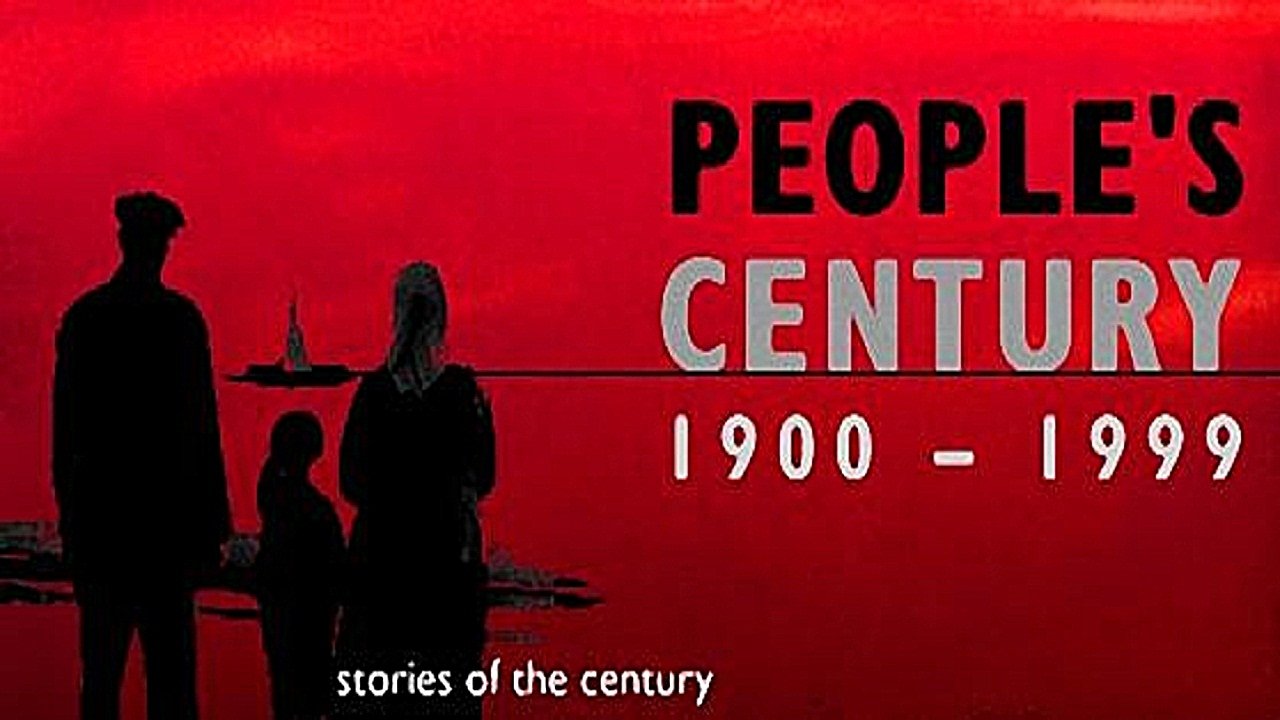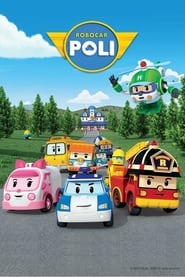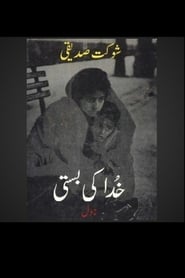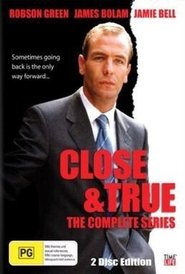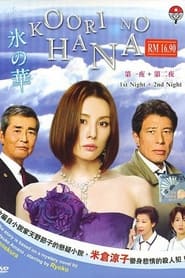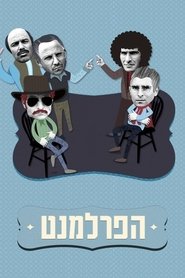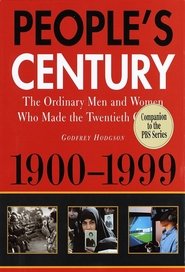
People's Century
People's Century is a television documentary series examining the 20th century. It was a joint production of the BBC in the United Kingdom and PBS member station WGBH Boston in the United States. First shown on BBC in 1995, the 26 parts of one hour deal with the socio-economic, political, and cultural movements that shaped the 20th century. The documentary won an International Emmy Award, among others. A departure from other documentaries that observe history as the actions of great men, People's Century considers the Century from the view of common people. Most persons interviewed were ordinary men and women who closely witnessed various events and they give personal accounts how developments in the Twentieth Century affected their lives. The opening credits depict various images from the century, accompanied with a theme music score by Zbigniew Preisner. A very short introduction of the episode would then follow, often illustrated by a dramatic event that illustrates the episode's particular theme coming to the fore. The British version was narrated by Sean Barrett and Veronika Hyks, the American by actors John Forsythe and Alfre Woodard. People's Century was coproduced by the BBC and WGBH with executive producers Peter Pagnamenta and Zvi Dor-Ner, respectively; along with producer David Espar.
- Created By
Zvi Dor-NerPeter PagnamentaDavid Espar
- First Aired on
Sep 13, 1995
- Popularity: 1.8028
- 1 votes
- Networks
- (GB)

- Production
BBC (GB)GBH (US)
- Status: Ended
Show Ended
1 seaons till Oct 08, 1995
Last episode: 1997: Fast Forward
Seasons & episodes
Total 1 seasons, 26 episodes

Season 1
Aired

Episode 11900: Age of Hope min
At the beginning of the twentieth century the world was stable and certain, but unequal. The Paris Exhibition of 1900 symbolises the optimism of a peaceful age when affluence is rising and people have faith in new technologies like electricity. The United States becomes the most powerful country in the world, destination for many immigrants from Europe. Compulsory education in many countries had led to a literate population exposed to new ideas, leisure and consumerism through newspapers. Trade unions grow in strength and force governments to protect employment conditions for workers, while suffragettes push for votes for women. Revolutions shake the political order in China and Russia. European empires continue to dominate the globe, however signs of dissent appear in India and South Africa, and Japan's victory over Russia in 1905 challenges the belief of white superiority. Nationalism rises in Europe, bringing the continent to conflict in 1914.

Episode 21914: Killing Fields min
The Great War is fought with larger armies and deadlier weapons than ever before, bringing death and carnage on an unprecedented scale to Europe. The bloody Battle of the Somme and the Battle of Verdun fail to break a stalemate on the Western front, and soldiers become increasingly frustrated and demoralised with the war's mounting casualties, poor living conditions and lack of progress. Despite the October Revolution knocking Russia out of the war in 1917, the odds shift against a blockaded Germany with the entry of the United States into the war, and eventually an armistice is signed. The psychological scars of this war would make the public less willing in future to go to war, or trust their leaders. The introductory scene shows soldiers mobilising at the beginning of the war, grossly under-estimating the destructive power of modern warfare. Interviewees include Karl von Clemm, Edward Smout and Cecil Lewis.

Episode 31917: Red Flag min
The October Revolution brings forth a new Marxist-Leninist society in what becomes the Soviet Union. Its people, now freed from feudal exploitation and provided with health care and education from the state, have their revolutionary zeal directed towards developing and modernising their new country. However after Vladimir Lenin's death Joseph Stalin rules with an iron fist – his attempts to collectivise farms leads to the Ukrainian famine and the mass liquidisation of kulaks. Stalin grows increasingly paranoid and ruthless, and is responsible for the deaths or expulsion to Siberia of millions of Soviets. The introductory scene explains the events leading up to the 1917 revolution. Interviewees include Anna Larina and Boris Yefimov.

Episode 41919: Lost Peace min
The trauma of the First World War gives Europe no appetite for any further conflicts, but within subsequent two decades the world would return to rearmament and militarism. The Paris Peace Conference introduced the concept of self-determination, leading to the establishment of Czechoslovakia, Poland and Yugoslavia from the former Central Powers. The League of Nations is established to assist in resolving international disputes in an open environment, but fails to receive strong support and is eventually provent impotent in preventing Italy's conquest of Ethiopia. Despite a public push for disarmament, prompted by All Quiet on the Western Front and other reminders of the First World War, few countries make any serious moves. French and British demands for heavy war reparations, lead to Germany's economic ruin, but this and other unforseen consequences of the Treaty of Versailles would result in the emergence of Adolf Hitler. As Germany begins to absorb its neighbours, the rest of europe mobilises, and the moral utility of pacifism is questioned. The introductory scene shows Armistice Day. Interviewees include Lord Soper.

Episode 51926: On the Line min
Henry Ford uses Taylorism, division of labour and the assembly line to manufacture automobiles, and other industries in the United States, as well as Britain, France, Italy, Soviet Union and elsewhere follow his example. The productivity dividends that are gained allow American workers to enjoy high pay and affordable consumer goods as compensation. However workers become increasingly frustrated from the physically demanding and alienating aspects of the assembly line (depicted in Modern Times, Brave New World and À nous la liberté). The Great Depression weakens worker bargaining power, but after a series of strikes in the 1930s and 1940s trade unions emerge victorious, and instruments like the Matignon Agreements in France are established to buttress workers' rights.

